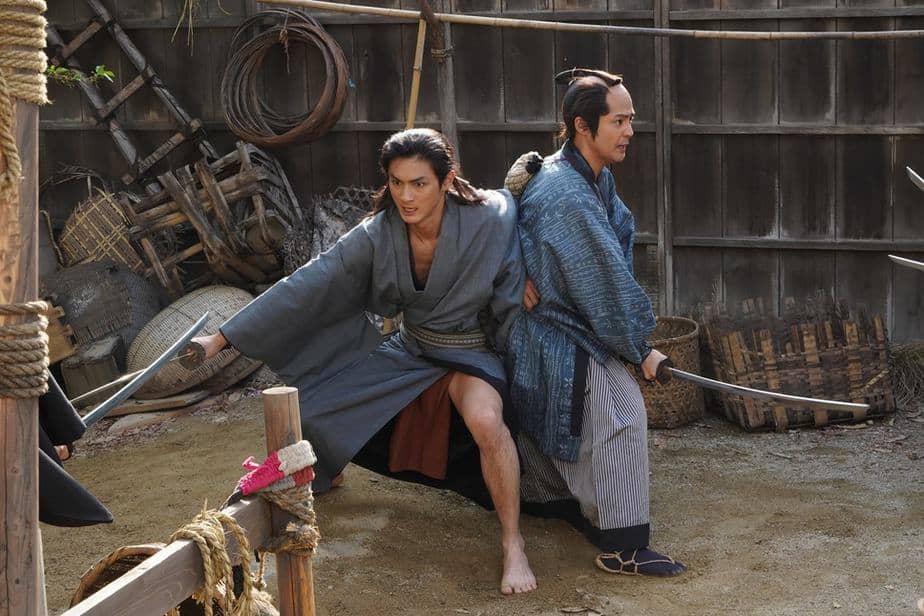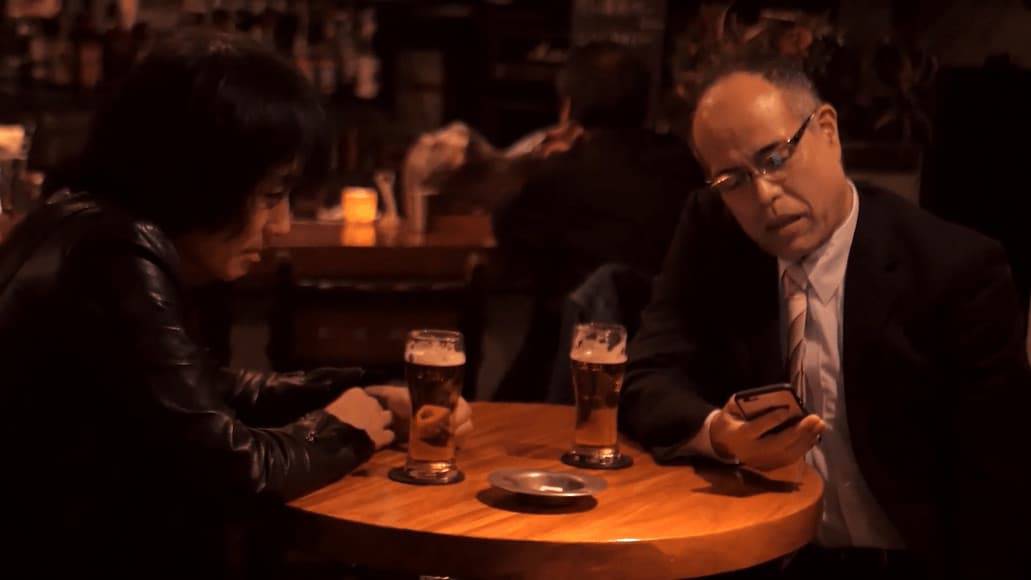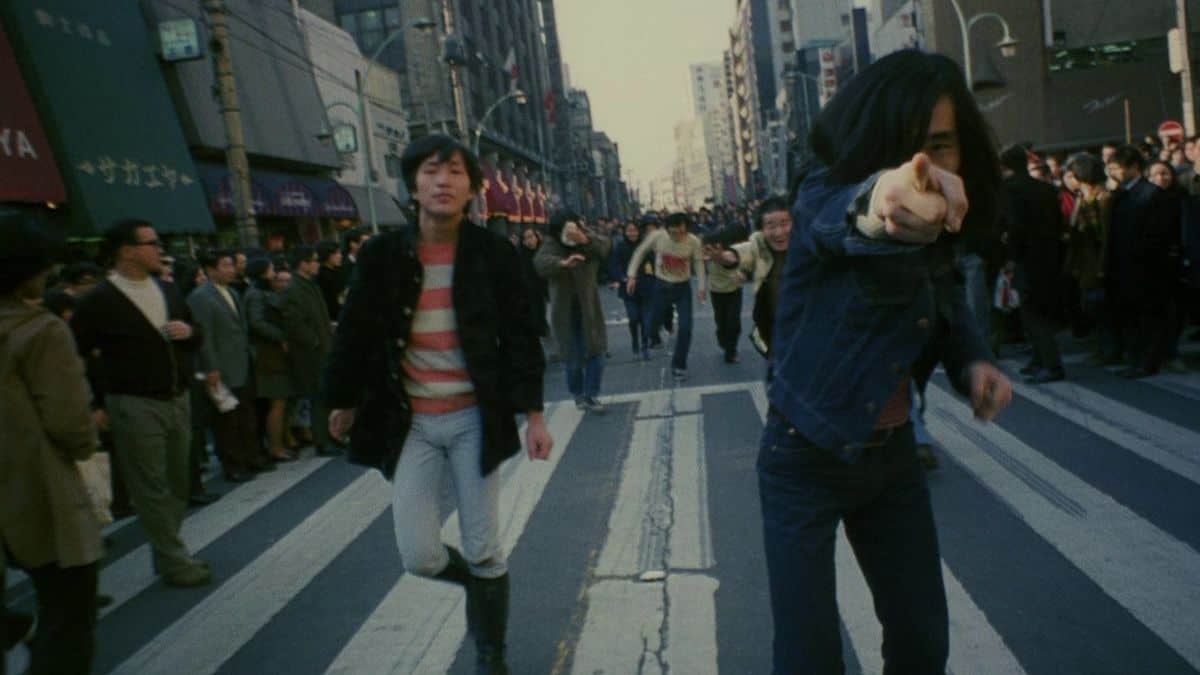Sadao Nakajima's return to feature films after a 20 year hiatus, (in 2015 he directed the documentary “Chambara: The Art of Japanese Swordplay”), was one of the most anticipated films of 2018, particularly since it is a historical drama centered around sword fighting, the genre that Nakajima has excelled at, in the five decades he has been shooting films.
The story takes place in Kyoto, during one of the most beloved for the genre times, the last years of the Edo Period , where the fight between the forces of the ones who support the Shogun system and the ones the Emperor, is at its apogee, with the first being the ones still in charge, and the second, the “revolutionaries”. In this setting, we are introduced to the protagonist of the story, Tajuro Kiyokawa, once the master of the sword but now a depraved samurai who left his domain putting aside his past ambition, and now barely makes end meet by practicing painting. Toyo, whose story is quite a dramatic one, runs the tavern next door to the place Tajuro stays, and is secretly in love with him, although he does not seem to realize her feelings at all. Tajuro helps Toyo by dealing with violent customers, but in general, lives a quiet life, until Kazuma, his half-brother, comes knocking at his door, asking him to take his sword once more, against the forces that support the shogunate. Tajuro declines, but through a number of events, ends up having to fight, in a series of episodes that involve everyone around him.
Sadao Nakajima directs a genuine chanbara, which includes, though, the relatively new trend (as seen in films like Tsukamoto's “Killing”) of the deconstruction of the samurais, who are presented not as noble individuals, but instead as drunken, gambling, whoring lowlifes with short tempers, stripped of almost any kind of grandeur, not to mention dignity. The fact that the times have actually surpassed them becomes quite obvious, with the frequent chanting of Ee ja nai ka functioning as its soundtrack.
The fact that the samurais were actually swept by the events of the era is another motif of the film, personified in Tajuro's story, with the concept extending to non-samurais, through the story of Toyo. The relationship of the two highlights the concept of love, as the only element that could elevate people above the dead-end their lives led them at the time, although the finale is anything but optimistic.

The aforementioned elements work quite well in the narrative, but after a fashion, hyperbole seems to take over, both in the action scenes (particularly the final one that takes a large part of the film's duration) and the presentation of Tajuro, with the movie functioning as a promotional piece for Kengo Kora, especially after a point.
In that fashion, Kora delivers a performance that becomes more and more exaggerated as time passes, with the finale presenting the highlight of this tendency, although in a fitting way for the film's general aesthetics. On the other hand, Mikako Tabe's performance as Toyo is much more measured, in essence providing counterbalance to Kora's acting, in a style that benefits the movie, and particularly its dramatic aspect.

The production values of the film are on a very high level, with the presentation of the era (houses, taverns, clothes etc) being quite realistic, the cinematography impressive, particularly during the sequences in the forest, and the editing quite fitting, changing the pace according to the style of the story. The action sequences may be somewhat hyperbolic, particularly regarding the fact that Tajuro has to face scores of enemies (think “Blade of the Immortal” numbers), but the choreography leans towards the realistic, again stripping the sword fighting of most of its “noble” elements, perhaps with the exception of Tajuro.
Despite some evident flaws in the narrative, “Love's Twisting Path” offers a nice visual experience and will definitely apply to fans of the chanbara genre, particularly the ones that prefer the style of the 70's.















